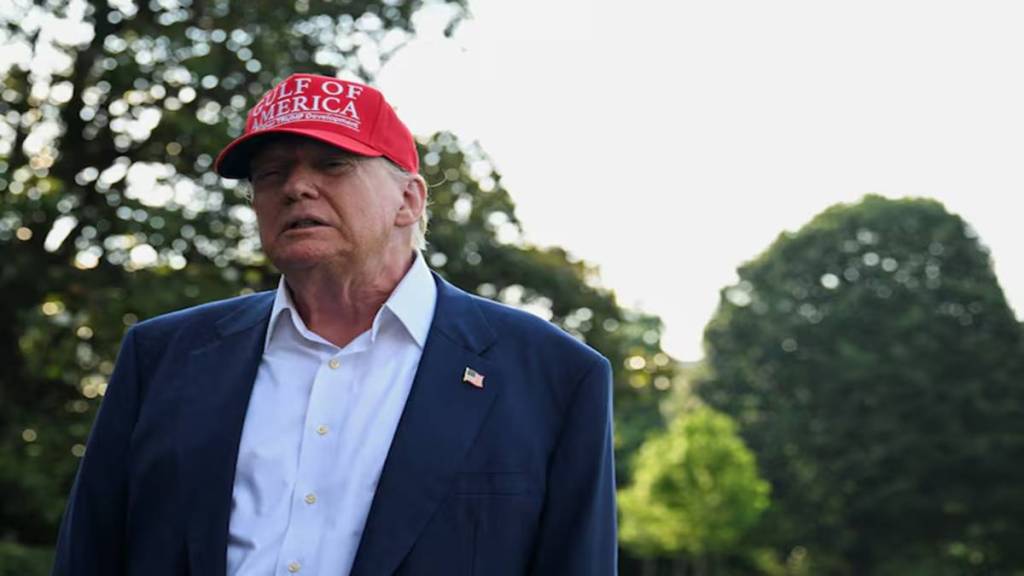US President Donald Trump doubled down on his criticism of Federal Chair Jerome Powell on Wednesday but admitted that he was not likely to fire the top official. The remarks came hours after the President indicated in a private meeting that he was leaning in favor of dismissing the head of the US central bank. US stocks were shaky after the news broke, as such a move could help Wall Street get the lower interest rates that it loves but would also risk a weakened Fed unable to make the unpopular moves needed to keep inflation under control.
“We’re not planning on doing it. It’s highly unlikely…I don’t rule out anything, but I think it’s highly unlikely, unless he has to leave for fraud,” the President admitted.
The remarks come hours after an Oval Office meeting with top Republicans that saw Trump outline a plan to oust the Fed Chair. Multiple source-based reports confirmed that the POTUS was open to the idea of firing Powell and that it was likely to happen “soon”. The matter was reportedly put to a vote of sorts on Tuesday night with Republicans signaling their approval for the move.
Trump later confirmed that he had discussed the “concept” of dismissing Powell in a meeting with about a dozen House Republicans.
Can Trump actually fire Powell?
Jerome Powell was nominated to lead the Fed by Trump during his first term in late 2017. He was later nominated for a second term by Democratic President Joe Biden four years later. The US Fed Chair has repeatedly said he intends to serve out his term, which runs till mid-May next year. A recent Supreme Court opinion has solidified a long-standing interpretation of the law that the Fed chair cannot be fired over policy differences but only “for cause.”
Trump vs Powell?
The POTUS has been angry with Powell for quite some time over the latter’s refusal to cut interest rates this year — repeatedly lashing out via social media.
The move that would make it easier for US households and businesses to get loans to buy houses, build factories and otherwise boost the economy. Lower interest rates could also help the US government, which is set to borrow and add a lot more to its debt after approving a wide range of tax cuts.
Powell, meanwhile, has been insisting that he wants to wait for more data about how Trump’s stiff proposed tariffs will affect the economy and inflation before the Fed makes its next move. The Fed has two main jobs: keeping the job market strong while keeping inflation under control. Lowering interest rates would help boost the economy but would also give inflation more fuel when tariffs may be set to push prices for U.S. households higher.

